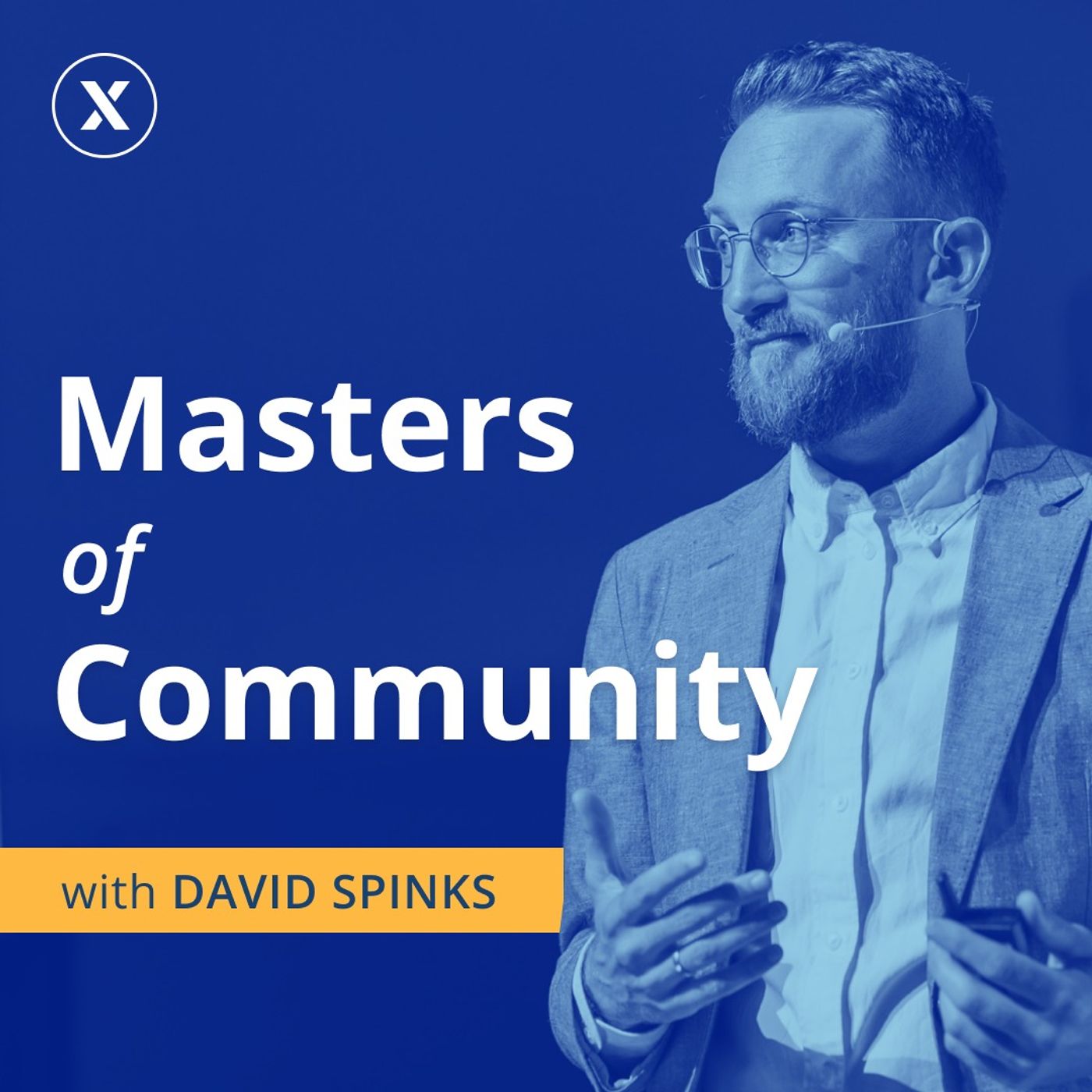Holacratic Communities with Sahil Lavingia
October 4, 2021

In this episode of Masters of Community, we speak with Sahil Lavingia, Venture Capitalist at shl.vc and Cofounder and CEO at Gumroad. Gumroad exists to help every creative earn a living selling the products they make directly to their audience. Previously, he was the second employee at Pinterest and worked on Turntable's mobile apps.
Crowdfunding has become a great, viable option for entrepreneurs in the US ever since the SEC raised the crowdfunding limit to five million dollars. In this episode, Sahil talks about why crowdfunding is a great direction to take for businesses looking for investment. He also explains the origins of Gumroad, how his personal boundaries helped him make Gumroad a lean and efficient business, and how he raised a five million dollar crowdfunding round for the company.
This episode explains how a VC’s approach to doing business is different from entrepreneurs who build those businesses. Sahil also gives an overview of why minimalist entrepreneurship is important and how entrepreneurs can explore this path.
Who is this episode for? Entrepreneurs, VCs, and those looking for guidance on crowdfunding and a minimalist approach to entrepreneurship.
Three key takeaways:
1. Why is Minimalist Entrepreneurship Important?: Entrepreneurs have to be introspective and find more fulfilling goals for themselves - a middle ground of where they can be happy with their progress - because not all businesses can turn into one-billion-dollar companies. In this episode (and his book), Sahil explores how entrepreneurship is a way of doing any kind of business and not just a singular career path.
2. A More Thoughtful Approach to Entrepreneurship: Start with a singular focus on profitability and make your company sustainable. Make the community a pillar of your business. First, define what kind of business you don’t want to build and use that to define the type of business you want to run. Sahil explores this idea further in this episode and his book.
3. The Difference Between the Approach By VCs and Entrepreneurs: Entrepreneurs do a single business for multiple years/decades. VCs don’t care for entrepreneurs being able to run a business for ten to twenty years. Their major concerns are metrics that show how efficiently a company they invested in is being run. VCs have a different risk profile because they manage multiple businesses in a single year, and if one fails, they have other businesses to concentrate their efforts.
Notable Quotes:
1. “What I love about crowdfunding is that it basically takes two of those cohorts and sort of those two constituencies and merges them together. Creators can be customers. They can also be investors in the company and they can of course work for the company too.”
2. “Profitability means sustainability, which is kind of like having your own book versus venture capital, which often feels like you're treading water, you're looking at your burn rate and you're like, something needs to change here. I'm going to eventually run out of oxygen. And so that's like the first thing is like, I think a lot of people need to think about building businesses where there's revenue coming in, basically from day zero.”
Answers to rapid-fire questions:
1. What's the weirdest community you've ever been a part of? His oil painting class with retirees.
2. One tweet-sized piece of deathbed advice for the rest of the world? Build stuff and do it in public because building stuff is for other people and doing it in public is the best way to make friends.
Answers to audience questions:
1. What is the strongest piece of advice you have for community builders when facing perceived failures? Be open and transparent with everybody. When Sahil laid off fifteen out of twenty people at Gumroad, his team was receptive because they knew of his difficulties in raising funds for over three months. Sahil also maintains the same level of transparency about company culture with anyone who joins Gumroad as an employee.
2. What are some key differences you see between being an entrepreneur and a freelancer? Entrepreneurs are really associated with the thing that they're building. The beauty of freelancing is that you have a low-ego kind of approach to building stuff.
3. What was your first experience in a virtual community? In Singapore, Sahil learned iOS development at iTunes University.
Learn more about Sahil:
- Sahil’s LinkedIn
- Sahil’s Crunchbase Profile
Episode resources:
- Shl.vc Website
- The Business of Belonging: How to Make Community your Competitive Advantage
- The Minimalist Entrepreneur by Sahil Lavingia
- Humanizing Your Community with Seth Godin (CMX Summit Session)
If you enjoyed this episode then please either:
- Subscribe, rate, and review on Apple Podcasts
- Follow on Spotify
Masters of Community is hand crafted by our friends over at: fame.so